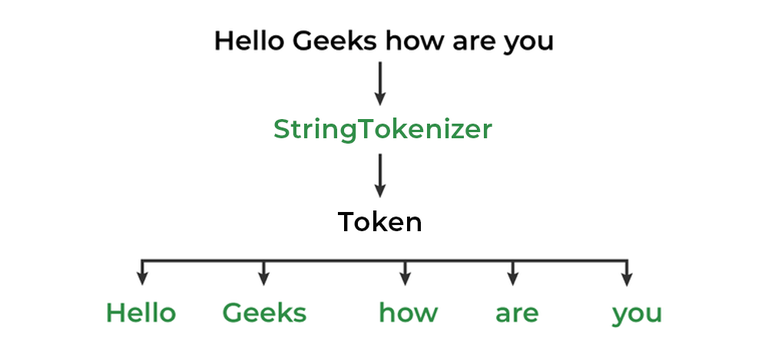Why Are Strings Immutable in Java? Ideal Practices and Usage Cases
Why Are Strings Immutable in Java? Ideal Practices and Usage Cases
Blog Article
Unalterable Strings: A Secret Component in Ensuring Data Uniformity and Dependability
In the realm of data administration, the value of immutable strings can not be overstated. The principle of immutable strings goes beyond plain formality; it is a linchpin in the complicated web of data governance.
The Idea of Immutable Strings
Immutable strings, a fundamental principle in programs, describe strings that can not be changed when they are created. In essence, once a string worth is designated, any operation that appears to customize the string actually develops a new string. This immutability makes sure information consistency and reliability in applications, as it stops unexpected adjustments to the initial data.
Benefits in Information Consistency

Information consistency is important in different elements of software advancement, consisting of data source administration, multi-threaded atmospheres, and distributed systems (Why are strings immutable in Java?). Immutable strings add significantly to accomplishing this uniformity by avoiding data corruption due to concurrent access. In circumstances where multiple procedures or strings engage with the same information concurrently, unalterable strings work as a guard against race problems and synchronization concerns
Additionally, the immutability of strings simplifies debugging and testing processes. With unalterable strings, developers can rely on that as soon as a string is established, it will certainly continue to be unchanged, making it much easier to map the resource of errors and ensuring that examination situations create consistent results. This dependability in data managing eventually causes a lot more robust and steady applications.

Carrying Out Immutable Strings
Making certain the immutability of strings calls for a thoughtful approach to their execution in software advancement. One essential strategy is to develop string classes in a manner that avoids modifications once a string item is produced. By making strings immutable, programmers can improve data consistency and reliability in their applications.
To carry out immutable strings successfully, developers need to prefer developing new string items instead of modifying existing ones. This technique makes sure that once a string is assigned a value, it can not be changed. In addition, any type of procedure that shows up to customize the string ought to create a new string with the preferred changes instead of modifying the original.
In addition, utilizing immutable strings can streamline concurrency monitoring in multi-threaded settings. Because immutable strings can not be altered after production, they can be securely shared amongst multiple threads without the threat of information corruption.
Role in Reliability Guarantee
In software application growth, the use of unalterable strings plays a vital function in making sure the integrity of data procedures. Unalterable strings, once created, can not be customized, ensuring that the data they represent stays consistent throughout the application's implementation. This immutability property gives a level of guarantee that the data being processed will not be inadvertently altered, leading to unforeseen end results or mistakes in the system.
By incorporating immutable strings right into software program layout, designers can improve the integrity of their applications by minimizing the risks related to mutable information - Why are strings immutable in Java?. Immutable strings help in preventing data corruption or unplanned alterations, which can be particularly essential when dealing with sensitive details or when data integrity is paramount
In my site addition, making use of unalterable strings simplifies concurrent handling, as multiple strings can important link securely gain access to and share string information without the risk of one thread altering the web content while one more is reading it. This element adds significantly to the general dependability of the software application system, ensuring consistent and foreseeable habits in information managing procedures.
Applications and System Integration
The smooth combination of immutable strings right into different applications and systems is crucial for making certain robust data consistency and dependability across diverse technical atmospheres - Why are strings immutable in Java?. Unalterable strings play a crucial function in enhancing the integrity of data exchanges and communications within complicated software application environments. By including unalterable strings into applications, designers can mitigate the dangers related to information meddling, unauthorized modifications, and unintentional alterations, consequently fortifying the general security stance of the system
Immutable strings can improve interoperability between diverse systems by offering a standardized format for information depiction, making it possible for extra efficient information handling and exchange protocols across interconnected platforms. By embracing unalterable strings in applications and system integration processes, companies can strengthen their information facilities and support the reliability and here are the findings uniformity of their information properties.
Final Thought
To conclude, unalterable strings play a critical function in preserving information uniformity and integrity in different applications and system integrations. By making certain that strings can not be changed as soon as created, the integrity of information is preserved, minimizing the danger of disparities and mistakes. Executing immutable strings can significantly improve the integrity of systems, eventually causing more precise and dependable information processing.

Report this page